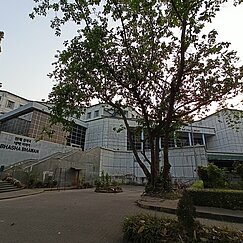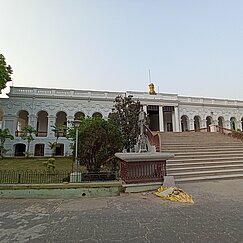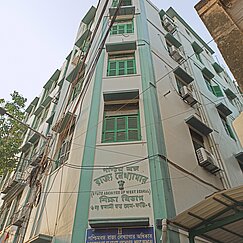Time and Delay: Gendered Temporalities in Bengal in the 19th and 20th Centuries
Sagnik Kar (Doctoral Candidate)
With a focus on late nineteenth century Bengal and early post-colonial West Bengal, this unit will use ‘delay’ as an analytical category to investigate temporal experiences along the lines of gender. Part of Timely Histories: A Social History of Time in South Asia, this research is based on three main lines of enquiry.
First, the unit looks at the nature of ‘delays’ in modes of commutation like trains and trams meant for women who took up gainful employment in the city of Calcutta (Kolkata). This will be studied in the context of how such means of commuting were often essential for them to maintain a balance between professional and personal lives. Additionally, it will explore how their experiences differed from that of men when faced with delays while using the same means of travel.
Second, in distinction but also in conjunction with the office space of work on which usually temporal histories have been mapped, the research will use the home as an alternative site to comprehend ‘gendered’ experiences of temporality. Primarily of interest will be to examine how working women negotiated the diverse calendrical systems that governed their lives at the workplace and home.
Finally, the research will adopt a comparative methodology to account for social variations. Women who stayed back in villages would often depend on remittances sent by men of the family who went to cities for work. Understanding how such women responded to delays in receiving remittances will be a focus of this research. Whether they adopted alternative sources of livelihood as coping strategies and, if so, how they fared in relation to the type of jobs taken up by their urban counterparts will be one main area of investigation.


